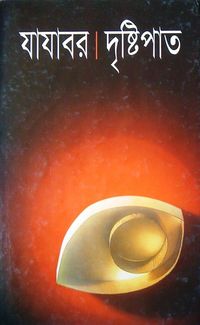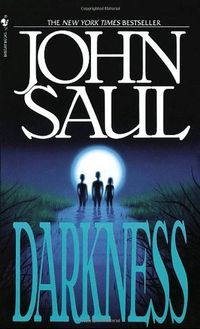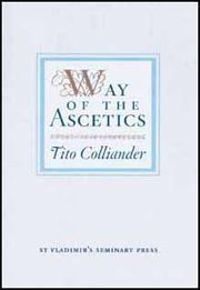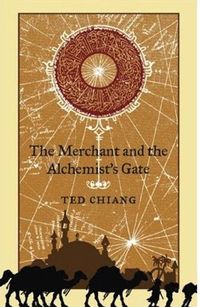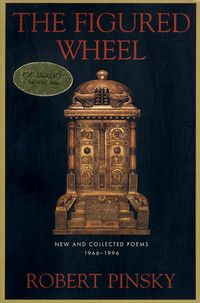
Shakespeare and the Goddess of Complete Being
A Literary Criticism, Nonfiction, Criticism book. I HAVE ALWAYS BEEN FRUSTRATED BY SHAKESPEARE CRITICISM AND BY WHAT I FELT AS THE...
In this momentous adventure in criticism, one of the leading poets writing in English argues that our profound response to Shakespeare's great late plays is prompted by a mythic, symbolic structure that inheres in each of them, and indeed binds the entire Shakespearean corpus into one huge, complex, ever-evolving work. Ted Hughes sees Shakespeare's early poems Venus and Adonis and The Rape of Lucrece as embodying two great myths of the archaic world, that of the hero who rejects the love of the Goddess and is killed in revenge by a boar; and that of the king, or god, whose crime is rape and whose punishment is banishment. These two complexes merge as Shakespeare's work develops into what Hughes calls the Tragic Equation, a flexible formula through which the poet was able to tap into the innate power of these myths to enliven his own imagination - and through him the imagination of Elizabethan England, in which the conflicts between Catholicism and...
Download or read Shakespeare and the Goddess of Complete Being in PDF formats. You may also find other subjects related with Shakespeare and the Goddess of Complete Being.
- Filetype: PDF
- Pages: 524 pages
- ISBN: 9780374262044 / 374262047
B1yzyKF_FDW.pdf
More About Shakespeare and the Goddess of Complete Being
I HAVE ALWAYS BEEN FRUSTRATED BY SHAKESPEARE CRITICISM AND BY WHAT I FELT AS THE WORLDS WILLFULLY OBLIQUE VIEW ON THE WORKS THEMSELVES.INTUITIVELY ,AS A CHILD ,I SAW THEM AS AN ORGANIC WHOLE; A MAN`S SPIRITUAL JOURNEY THROUGH HIS LIFE. THEY HAVE TO BE.AS ALL ARTISTS WORK ARE.99% OF THE CRITICISM OUT THERE IGNORES THIS FACT. THEY TRY... Originally published on my blog here in May 1999.One of the last books written by Ted Hughes, this monumental piece of literary criticism aims to show connections between the plots and imagery of many of Shakespeare's plays. These connections are based around what Hughes calls 'the Tragic Equation', derived from the two early poems,... How do you resist a title like that?
